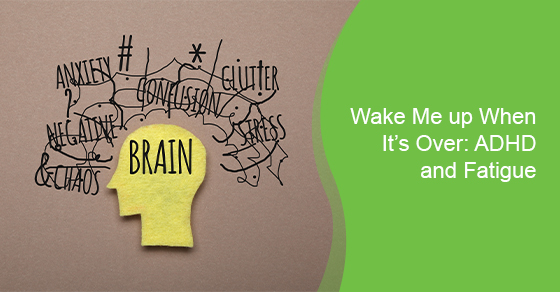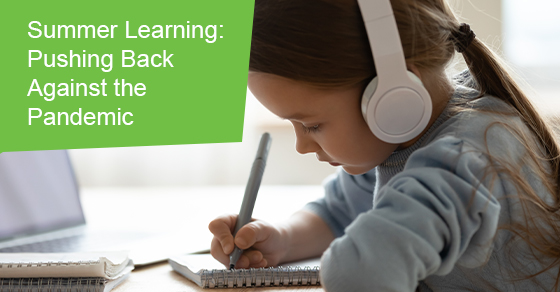Getting things wrong is no fun. It’s embarrassing and frustrating, and it can cost you your job, a grade, your reputation, or an important opportunity. From a young age, we are taught that to be successful in life you should avoid making mistakes, and we grow to fear failure. But getting something wrong doesn’t mean there’s something wrong with you, says Pulitzer Prize-winning author Kathryn Schulz. Mistakes are a part of the human condition and our need to make sense of the world around us—to err is human! In her book Being Wrong: Adventures in the Margin of Error, Schulz writes that getting things wrong is a desirable and courageous human trait. In fact, making mistakes is an essential part of creation, mastery, and discovery.
Being afraid to blunder can often mean avoiding social situations, presentations, or tests and the pursuit of perfectionism can be paralyzing. According to Martin Antony, a psychology professor at Ryerson University, “the constant pressure to improve performance can have the effect of triggering fears of underperforming and of making mistakes” and that can lead to procrastination.
Small Steps, Large Gains
People who cope with learning disabilities and self-regulation challenges can be particularly susceptible to the fear of failure, since when panic and anxiety are flooding the brain, they can disrupt memory, attention, and focus. How can you encourage your child to overcome those psychological barriers and begin to lean into their strengths?
“When you have learning and thinking differences, you fail a lot in school,” writes research scientist Collin Diedrich, who writes about his own disabilities. “Each failure compounds the anxiety from the last, until you get to the point where you want to stop trying. It’s just too painful to fail again.”
He recommends encouraging students to risk failure in “low-stakes situations” where any impact would be minimal, such as attempting to learn a new sport or participating in an activity where it doesn’t matter whether you succeed. By experiencing and overcoming small failures, students can build the resilience that helps them feel comfortable taking larger risks.
Diedrich also suggests that students “resize” their goals to make them smaller and more attainable. Instead of striving for the “A” on an exam, for example, a student could set goals to study for an hour before a test, or ask a friend to explain a problem, or go to the teacher and ask for extra help. The ultimate exam grade might not be stellar, but the student can feel a sense of mastery and pride in having achieved what they set out to accomplish.
His other suggestions include
- Examining setbacks to identify ways to learn from them (instead of concentrating on what went wrong, think about how to change the situation going forward),
- Finding role models—from celebrities to everyday people—who also have learning and thinking differences, and whose success stories are inspirational and relatable, and
- Forgiving and loving yourself.
“The biggest lesson I learned,” writes Diedrich about coping with his challenges, “was to give myself a break when I struggled. Being compassionate toward our kids and ourselves is important if we’re going to overcome failure. And we can use our experiences as an opportunity to learn how to improve in the future.”
Do you know a student whose fears are limiting their academic or personal growth? Evoke coaches and mentors are trained to prepare and support our clients in their efforts to take appropriate risks and tackle new opportunities and challenges. Contact us to learn how we can help.
Sources
Diedrich, Collin. “5 Lessons About Failure From My Life With Learning Disabilities.” Understood, Understood for All Inc., 22 Oct. 2020, www.understood.org/en/community-events/blogs/the-inside-track/2018/09/20/5-lessons-about-failure-from-my-life-with-learning-disabilities.
Lynch, Matthew. “How to Help Students Overcome Their Fear of Failure.” The Edvocate, Matthew Lynch, 30 May 2019, www.theedadvocate.org/how-to-help-students-overcome-their-fear-of-failure/.
Schulz, Kathryn. Being Wrong Adventures in the Margin of Error. Ecco, 2011.
Tartakovsky, Margarita. “Overcoming the Fear of Making Mistakes.” Psych Central, Psych Central a Red Ventures Company, 17 May 2016, psychcentral.com/lib/overcoming-the-fear-of-making-mistakes#2.



